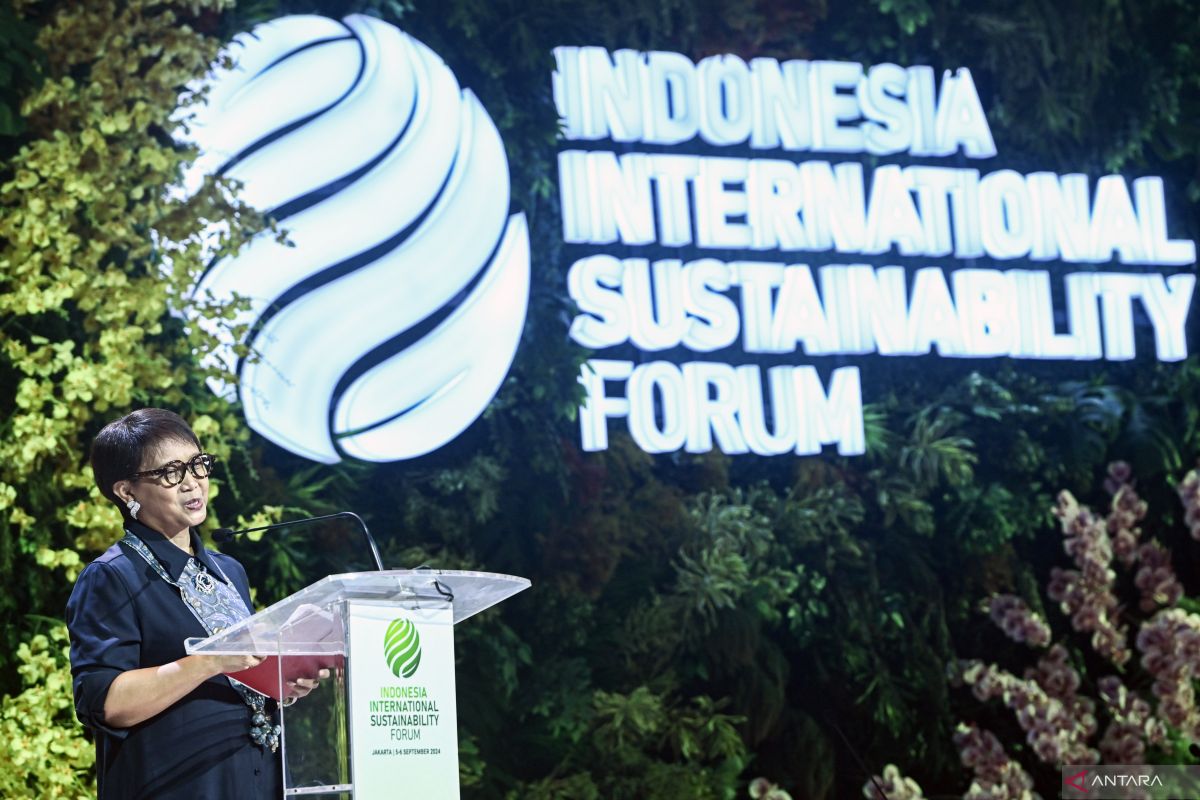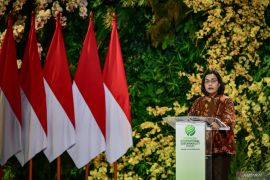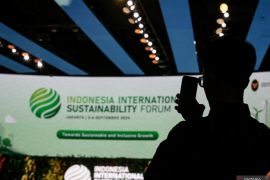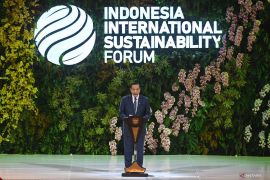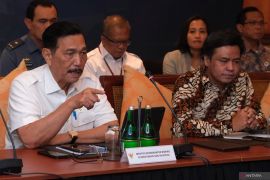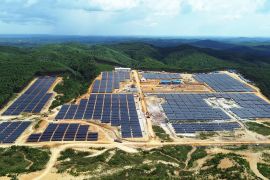"This is why through diplomacy, Indonesia has been pushing for sustainable and collaborative efforts to attain the Sustainable Development Goals (SDGs) and to implement the Paris Agreement," she explained at the International Sustainability Forum (ISF) in Jakarta on Friday.
According to the minister, Indonesia believes sustainable development is key for future prosperity.
But, she said, the progress of the SDGs veered off track halfway to 2030 and the current level of energy transition investment is not sufficient to set the world on track for net-zero by mid-century.
Last year, clean energy set another new record, she noted. According to a Bloomberg report, global energy investment grew 17 percent to surge past US$1.7 trillion during the period.
One area that has witnessed an increasing investment trend is the EV sector, where funding has grown fivefold to US$634 billion since 2020.
In the clean energy supply chain, investment has reached US$135 billion globally, and it is expected to rise to US$259 billion by 2025.
Marsudi said that the figures show three things. First, renewable energy is the fuel of the future, she expounded.
Second, energy is no longer a commodity, but the driver of economic growth. And third, there is a global race toward a low-carbon economy transition, and Indonesia wants to be part of it.
She then highlighted three priorities that must be pursued. First, investing in and developing the green economy, which will require significant technological support and financing.
Second, utilizing the massive potential of the blue economy, which, Marsudi said, is estimated to generate more than US$1.5 trillion and about 30 million jobs per year.
And third, focusing on carbon absorption. "Many have talked about reducing emissions and sometimes forgotten the importance of emissions absorption," the minister said.
As the country with the third-largest tropical rainforest cover, Indonesia has the capacity to absorb large volumes of emissions. With deforestation rates at their lowest in 20 years, it is believed that Indonesia is on the right track.
Indonesia has also adopted the Long-Term Strategy for Low Carbon and Climate Resilience 2050 and the road map for achieving the net-zero emission target by 2060 or earlier, she said.
She added that pursuing a sustainable future is a shared responsibility that must involve everyone — from individuals to large organizations.
"And I do believe, all of us here are important stakeholders in the pursuit toward low-carbon economy to ensure a healthier planet and a better quality of life for ourselves and also for our future generations," she said.
"Let us strengthen our collaboration to chart sustainable future. Rest assured, Indonesia does not like to make rhetoric. We remain strongly committed to delivering on our commitments," she said.
Related news: Social validation can drive sustainable living, says Sophie Kirana
Related news: VP urges ISF delegates to help realize sustainable development
Translator: Asri Mayang Sari
Editor: Azis Kurmala
Copyright © ANTARA 2024
